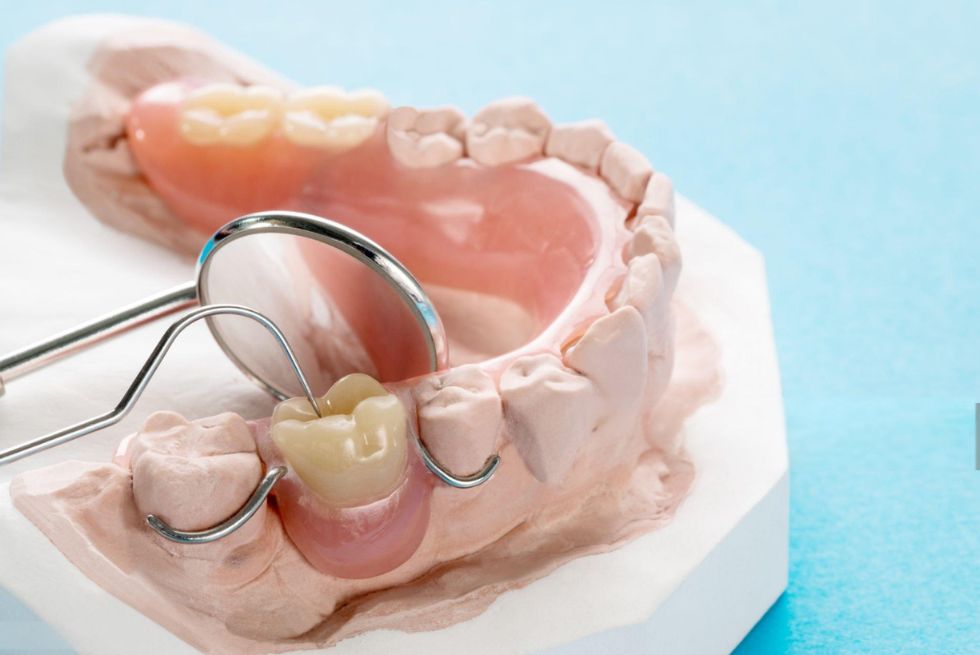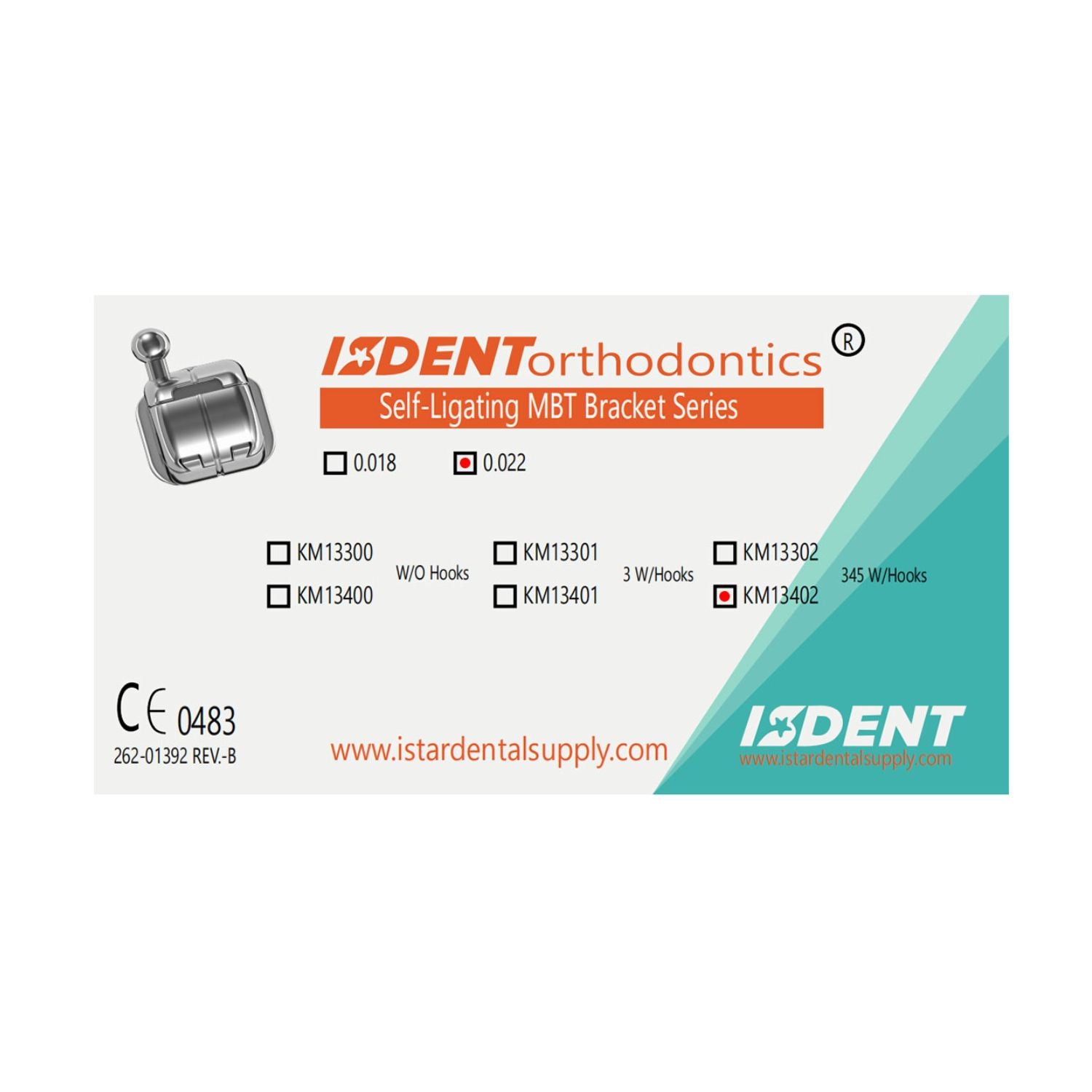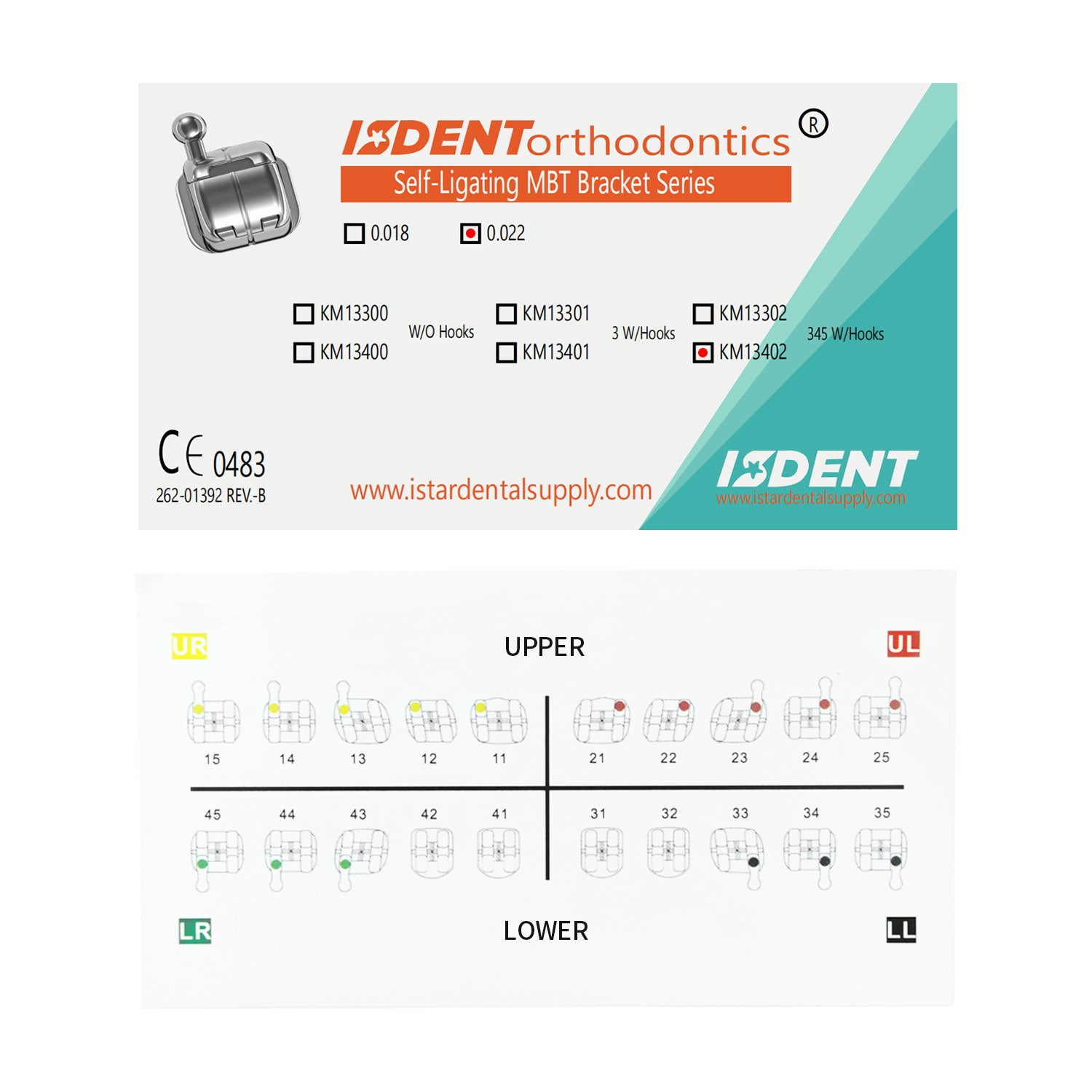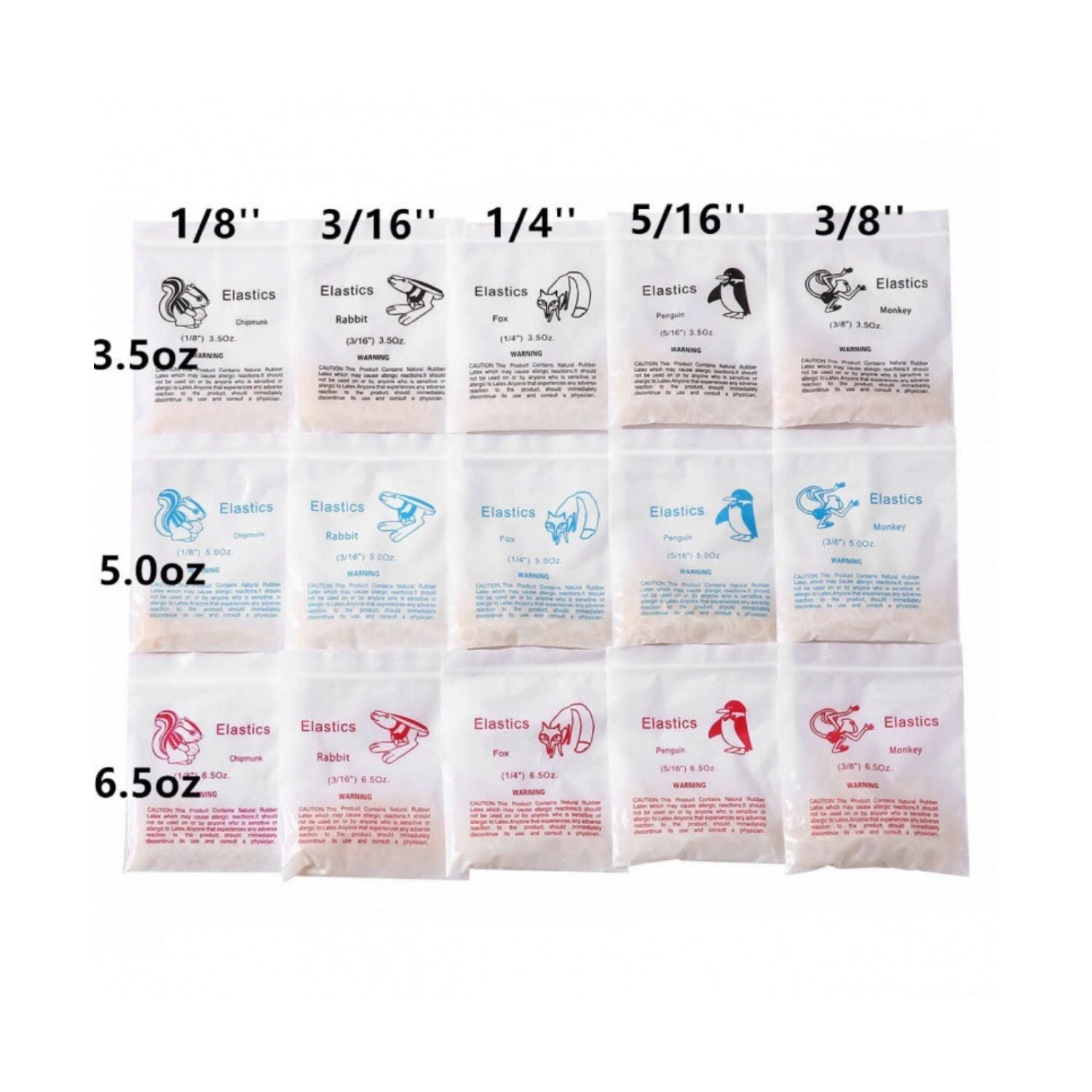أنواع مختلفة من أطقم الأسنان الجزئية: كل ما تحتاج إلى معرفته
تُعد أطقم الأسنان الجزئية حلاً أساسيًا للعديد من الأفراد الذين فقدوا سنًا واحدًا أو أكثر. فهم أنواع مختلفة من أطقم الأسنان الجزئية يمكن أن تساعدك المعلومات المتوفرة على اتخاذ قرارات مدروسة بشأن صحة أسنانك. يتعمق هذا الدليل الشامل في تفاصيل أطقم الأسنان الجزئية، وتكلفتها، وكيفية اختيار النوع المناسب لاحتياجاتك. سواء كنت طبيب أسنان، أو عيادة أسنان، أو مختبر أسنان، تقدم هذه المقالة رؤى قيّمة حول أطقم الأسنان الجزئية.
فهم أطقم الأسنان الجزئية:نظرة عامة
أ طقم أسنان جزئي هو جهاز أسنان مصمم خصيصًا ليحل محل واحد أو أكثر أسنان مفقودةعلى عكس أطقم الأسنان الكاملة، التي تحل محل جميع الأسنان في الفك العلوي أو السفلي، فإن أطقم الأسنان الجزئية تملأ الفجوات التي تتركها الأسنان المفقودة، وتثبتها الأسنان الطبيعية التي تبقى.
الميزات الرئيسية لأطقم الأسنان الجزئية:
- الطبيعة القابلة للإزالة يسمح بالتنظيف السهل.
- يساعد على استعادة ملمس الأسنان الطبيعية.
- يمنع تحول الأسنان الموجودة.
- يعزز صحة الفم من خلال تحسين المضغ والكلام.
فهم أنواع أطقم الأسنان الجزئية يعد اختيار الخيار الأفضل لمرضاك أو عيادتك أمرًا بالغ الأهمية.
ما هي أطقم الأسنان الجزئية ومن يحتاج إليها؟
أطقم الأسنان الجزئية هي أطقم أسنان اصطناعية تحل محل واحد أو أكثر من الأسنان. أسنان مفقودة. وهي مناسبة للأفراد الذين فقدوا أسنانهم بسبب التسوس أو الإصابة أو غيرها من حالات الأسنان ولكن لا يزال لديهم بعض الأسنان الطبيعية متبقي.
فوائد أطقم الأسنان الجزئية:
- يعيد المظهر الجمالي.
- يحسن القدرة على المضغ.
- يدعم بنية الوجه.
- حل بأسعار معقولة مقارنة بـ زراعة الأسنان.
المرضى الذين يفكرون أطقم أسنان جزئية ينبغي استشارة أخصائيي طب الأسنان لتحديد أفضل مسار للعمل.
أنواع أطقم الأسنان الجزئية: أيها الأنسب لك؟
اختيار طقم أسنان جزئي أيمن يتضمن فهم أنواع مختلفة متوفر. الرئيسي أنواع أطقم الأسنان الجزئية يشمل:
1. أطقم الأسنان الجزئية المصنوعة من المعدن المصبوب
- متين وطويلة الأمد.
- مصنوعة بإطار معدني.
- أنحف وأكثر راحة من الأنواع الأخرى.
2. أطقم الأسنان الجزئية المرنة
- مصنوعة من مادة بلاستيكية مرنة.
- خفيف الوزن ومريحة.
- تمتزج بشكل طبيعي مع أنسجة اللثة.
3. أطقم الأسنان الجزئية المصنوعة من الأكريليك
- ويعرف أيضًا باسم طقم أسنان زعنفي.
- بسعر معقول خيار.
- مثالي كحل مؤقت.
كل نوع من أطقم الأسنان الجزئية لكل منها مزاياها، ويعتمد الاختيار على الاحتياجات الفردية و صحة الأسنان.
كم تكلفة طقم الأسنان الجزئي؟
ال تكلفة أطقم الأسنان الجزئية قد تختلف تكلفة أطقم الأسنان الجزئية بشكل كبير بناءً على عدة عوامل. في المتوسط، قد تتراوح تكلفة أطقم الأسنان الجزئية بين من 500 إلى 1500 دولار لكل قوس.
العوامل المؤثرة على التكلفة:
- نوع طقم الأسنان: معدن، مرن، أو أكريليك.
- عدد الأسنان:قد يؤدي زيادة الأسنان إلى زيادة التكلفة.
- المواد المستخدمة:قد تكون المواد عالية الجودة أكثر تكلفة.
- رسوم المختبر:التخصيص يتطلب فنيين مهرة.
إن فهم هذه العوامل يمكن أن يساعد في الميزانية اللازمة لأطقم الأسنان الجزئية ووضع التوقعات الصحيحة.

العوامل المؤثرة على تكلفة أطقم الأسنان الجزئية
يمكن أن يكون هناك العديد من العناصر الرئيسية تؤثر بشكل كبير على التكلفة من أطقم الأسنان الجزئية:
المادة والنوع
- طقم أسنان جزئي معدني:أكثر متانة ولكن تكلفة أعلى.
- جزئي مرن:مريحة ولكن قد تكون أكثر تكلفة.
- طقم أسنان جزئي مصنوع من الأكريليك:فعّالة من حيث التكلفة ولكنها أقل متانة.
تعقيد القضية
- عدد الأسنان المفقودة:تتطلب الأسنان الكثيرة المزيد من المواد والعمالة.
- حالة الأسنان الموجودة:قد تؤدي الاستعدادات أو التعديلات إلى زيادة التكاليف.
الموقع الجغرافي وخبرة أخصائي طب الأسنان
- موقع عيادة الأسنان:قد تكون الأسعار في المناطق الحضرية أعلى.
- خبرة طبيب الأسنان:قد يطلب المتخصصون رسومًا أعلى مقابل خبرتهم.
من خلال النظر في هذه العوامل، يمكن لأخصائيي طب الأسنان توجيه المرضى خلال عملية الحصول على أطقم أسنان جزئية.
أطقم الأسنان الجزئية المتحركة مقابل الثابتة: الإيجابيات والسلبيات
الاختيار بين أطقم الأسنان الجزئية القابلة للإزالة وخيارات ثابتة مثل زراعة الأسنان يتضمن الموازنة بين الإيجابيات والسلبيات.
أطقم الأسنان الجزئية القابلة للإزالة
الايجابيات:
- بسعر معقول وفعالة من حيث التكلفة.
- غير جراحي إجراء.
- سهل تنظيف وصيانة.
السلبيات:
- قد يشعر أقل استقرارا من الخيارات الثابتة.
- تتطلب الإزالة والتنظيف بشكل منتظم.
- الإمكانات ل التآكل على الأسنان الموجودة.
أطقم الأسنان الجزئية الثابتة (الجسور أو الغرسات السنية)
الايجابيات:
- مستقر والحل الدائم.
- أشعر بمزيد من الأسنان الطبيعية.
- لا حاجة للإزالة اليومية.
السلبيات:
- تكلفة أعلى.
- يتطلب اجراءات جراحية.
- غير مناسب للجميع.
يساعد فهم هذه الاختلافات في تحديد ما إذا كان أطقم الأسنان الجزئية هي الحل الصحيح الاختيار لمرضاك.

أطقم الأسنان الجزئية المعدنية مقابل أطقم الأسنان الجزئية المرنة
الاختيار بين أطقم أسنان جزئية معدنية و أطقم أسنان جزئية مرنة يعتمد على التفضيلات الفردية والاعتبارات السريرية.
أطقم الأسنان الجزئية المعدنية
- القوة والمتانة:حل طويل الأمد.
- إطار أرق:أقل حجما.
- المشابك المرئية:قد يكون ملحوظا.
أطقم الأسنان الجزئية المرنة
- الجاذبية الجمالية:غير مرئية تقريبا.
- راحة:المادة المرنة تتكيف مع حركات الفم.
- أقل متانة:قد يتآكل بشكل أسرع.
كلا الخيارين لهما مزاياهما، وفهمهما أمر بالغ الأهمية. أنواع أطقم الأسنان الجزئية متاح يتيح اتخاذ قرارات أفضل.
بدائل لأطقم الأسنان الجزئية
بينما أطقم أسنان جزئية على الرغم من أنها تقدم حلاً عمليًا، إلا أنها ليست الخيار الوحيد. بدائل لأطقم الأسنان الجزئية يشمل:
زراعة الأسنان
- الحل الدائم.
- يحاكي الشكل والمظهر الأسنان الطبيعية.
- تكلفة أعلى مقارنة بأطقم الأسنان الجزئية.
جسور الأسنان
- خيار ثابت يملأ الفجوة.
- مرساة إلى الأسنان الموجودة.
- يتطلب تعديل الأسنان المجاورة.
قد يكون النظر في هذه البدائل مفيدًا للمرضى الذين يبحثون عن حلول مختلفة استبدال الأسنان المفقودة.
الحصول على أطقم أسنان جزئية: ما الذي يمكن توقعه
عملية الحصول على أطقم أسنان جزئية يتضمن عدة خطوات:
الاستشارة والفحص
- التقييم صحة الفم.
- تحديد المناسب نوع من أطقم الأسنان الجزئية.
الانطباعات والقياسات
- إنشاء قوالب الفم.
- تخصيص جهاز الأسنان.
التركيب والتعديلات
- محاولة تجربة طقم الأسنان المناسب.
- إجراء التعديلات اللازمة.
الرعاية اللاحقة والصيانة
- تعليمات حول التنظيف والصيانة.
- جدولة زيارات المتابعة.
ينبغي على أطباء الأسنان توجيه المرضى خلال العملية، مما يضمن تجربة مريحة وناجحة.
الحفاظ على طقم الأسنان الجزئي الخاص بك للحصول على صحة أسنان مثالية
العناية السليمة أطقم أسنان جزئية ضروري لطول العمر و صحة الفم.
نصائح التنظيف
- التنظيف اليومي:استخدم فرشاة أسنان ذات شعيرات ناعمة ومنظفًا لطيفًا.
- نقع طوال الليل:حافظ على رطوبة أطقم الأسنان للحفاظ على شكلها.
- تجنب المواد الكيميائية القاسية:استخدم المنتجات التي يوصي بها المتخصصون.
فحوصات الأسنان الدورية
- مراقبة حالة الأسنان المتبقية.
- قد تكون هناك حاجة إلى بعض التعديلات بمرور الوقت.
من خلال اتباع هذه الإرشادات، يمكن للمرضى الاستمتاع بفوائد أطقم أسنان جزئية لسنوات قادمة.

الأسئلة الشائعة
1. ما هي مدة بقاء أطقم الأسنان الجزئية؟
عادة ما تدوم أطقم الأسنان الجزئية من 5 إلى 10 سنواتحسب العناية وجودة المواد. الفحوصات الدورية تُطيل عمرها الافتراضي.
2. هل يمكنني النوم مع طقم الأسنان الجزئي الخاص بي؟
من المستحسن أن إزالة أطقم الأسنان الجزئية في الليل للسماح للثة بالراحة ومنع نمو البكتيريا.
3. هل أطقم الأسنان الجزئية غير مريحة؟
قد تكون هناك فترة للتكيف، ولكن العصر الحديث أطقم أسنان جزئية مصممة للراحة. أطقم الأسنان الجزئية المرنة قد يوفر المزيد من الراحة.
4. هل تؤثر أطقم الأسنان الجزئية على كلامي؟
في البداية، قد تكون هناك تغييرات طفيفة، لكن معظم الأفراد يتأقلمون بسرعة. تدرب على التحدث للتكيف مع الجهاز الجديد.
5. كيف أختار بين طقم الأسنان الجزئي المعدني والطقم المرن؟
ضع في اعتبارك عوامل مثل الجمالياتالراحة، والمتانة، والتكلفة. استشارة طبيب أسنان تساعدك في اتخاذ القرار الأمثل.
ملخص النقاط الرئيسية
- أطقم الأسنان الجزئية استبدال واحد أو أكثر أسنان مفقودة.
- أنواع أطقم الأسنان الجزئية تتضمن خيارات معدنية ومرنة وأكريليك.
- تكلفة أطقم الأسنان الجزئية يختلف حسب المادة والتعقيد والموقع.
- بدائل مثل زراعة الأسنان والجسور متوفرة.
- إن الرعاية والصيانة المناسبة تعمل على تعزيز طول العمر أطقم أسنان جزئية.
- الاستشارة مع طبيب الأسنان تضمن طقم أسنان جزئي أيمن يتم اختيارهم.
لمزيد من المعلومات حول معدات طب الأسنان واللوازم، قم بزيارة قطعة يدوية لطب الأسنان و كرسي الأسنان في ISTAR Dental Supply.







